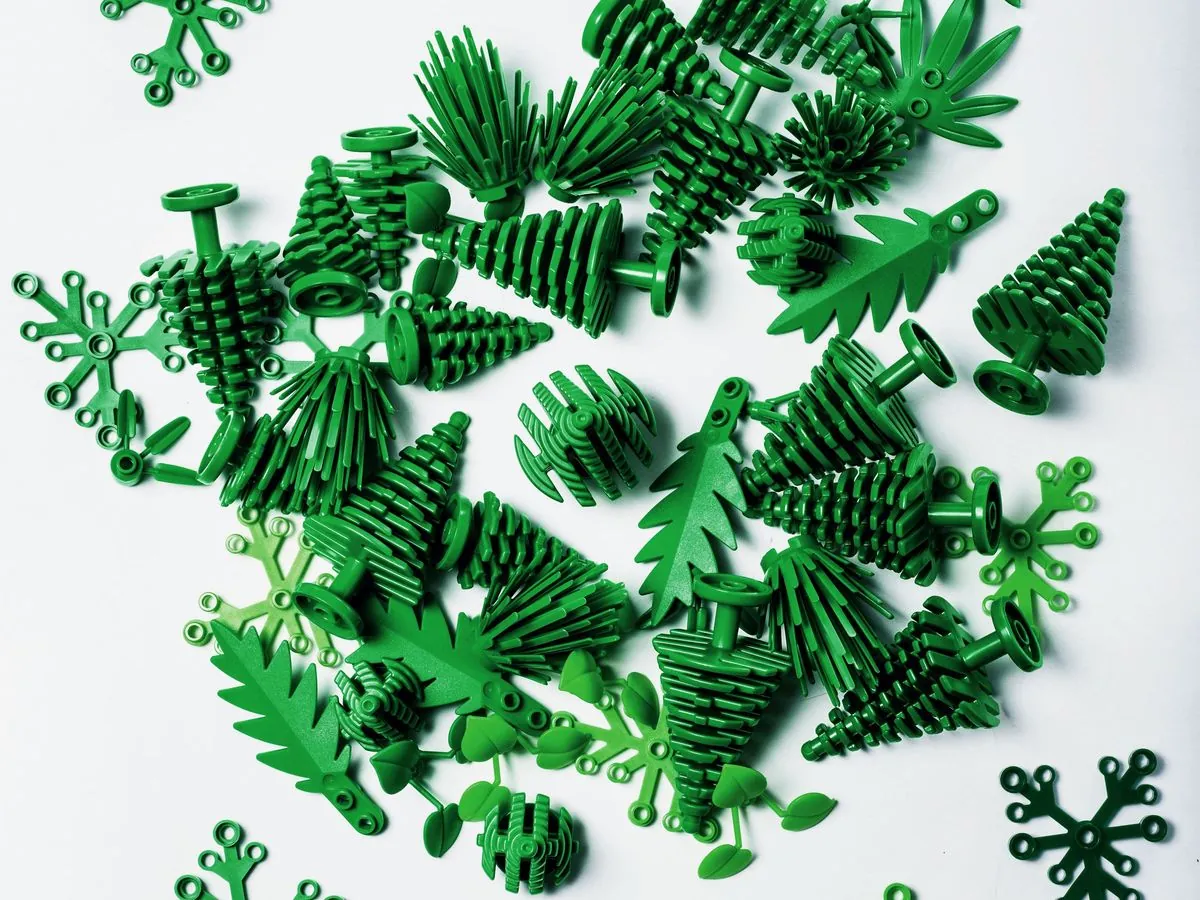Lego Invests in Eco-Friendly Plastics, Faces Challenges in Sustainability Push
Lego commits to sustainable materials, paying premium for eco-friendly plastics. Company reports record profits and plans expansion, despite challenges in finding plastic alternatives for its iconic bricks.

Lego, the renowned Danish toy manufacturer, has announced a significant investment in eco-friendly plastics as part of its ongoing sustainability efforts. The company is paying up to 60% more for plastic resin derived from renewable materials, demonstrating its commitment to reducing its environmental impact.
Despite testing over 600 alternative materials, Lego has been unable to find a suitable replacement for its iconic bricks. This challenge highlights the complexity of balancing product quality with sustainability goals in the toy industry. The company's decision to use more expensive, environmentally-friendly plastics is a testament to its dedication to reducing its carbon footprint.
Niels B Christiansen, Lego's Chief Executive Officer, emphasized that the increased raw material costs would not be passed on to consumers. He stated, "With a family owner committed to sustainability, it's a privilege that we can pay extra for the raw materials without having to charge customers extra."

Lego's sustainability journey is marked by ambitious goals and ongoing challenges. The company aims to produce all its toys from renewable and recycled materials by 2032, a target that requires significant innovation and investment. In the first half of 2024, 22% of Lego's resin purchases were from renewable sources, up from 12% in the previous year.
The toy maker's commitment to sustainability is rooted in its long history. Founded in 1932, Lego has grown to become a global leader in the toy industry. The company's name, derived from the Danish phrase 'leg godt' meaning 'play well', reflects its enduring philosophy of quality and innovation.
Lego's sustainability efforts extend beyond material sourcing. The company has explored various options, including the use of recycled plastics. However, it faced setbacks when plans to use recycled bottles for bricks were abandoned due to higher carbon emissions in the production process.
Despite these challenges, Lego continues to thrive financially. The company reported record operating profits of 8.1 billion kroner (£910 million) in the first half of 2024, a 26% increase from the previous year. Sales also grew by 14%, outperforming the stagnant toy market.
As part of its growth strategy, Lego plans to open approximately 100 new stores in 2024, bringing its total to 1,100 worldwide. The company is focusing on expansion in the US and European markets, while observing a more cautious approach in China due to current market conditions.
"We are opening slightly fewer stores in China right now because we see that consumers there are holding back a bit."
Lego's journey towards sustainability showcases the complexities faced by manufacturers in reducing their environmental impact. As the company continues to innovate and invest in eco-friendly materials, it sets an example for the toy industry and beyond in the pursuit of sustainable business practices.


































